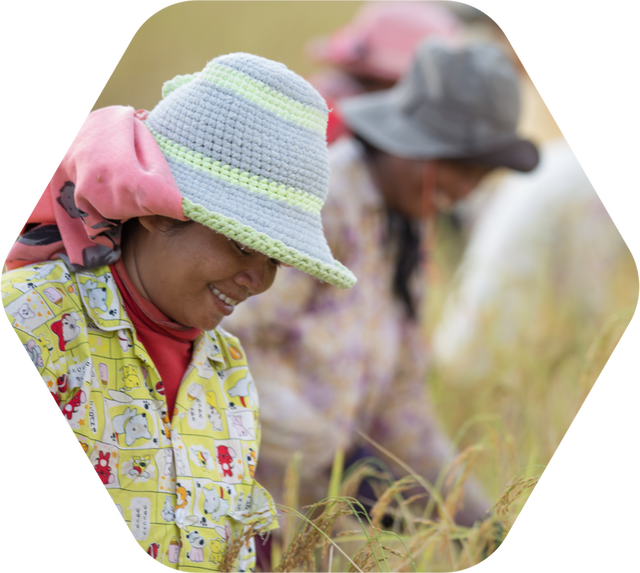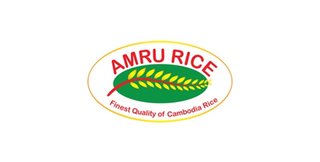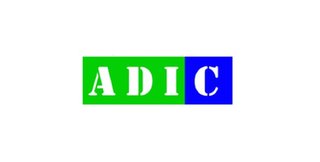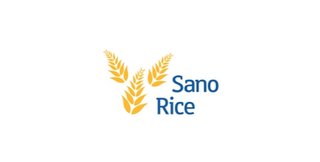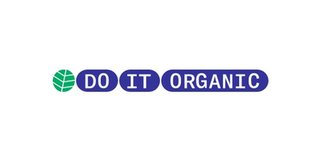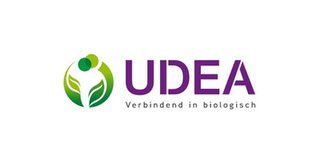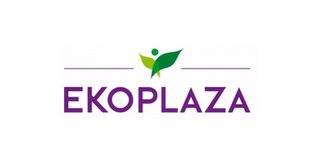BlocRice
Empowering smallholder farmers
Towards a living income
100%
transparency
Beyond
certification
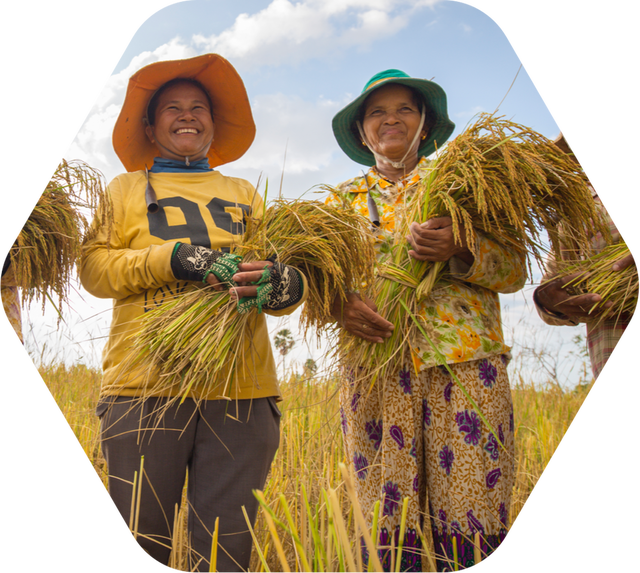
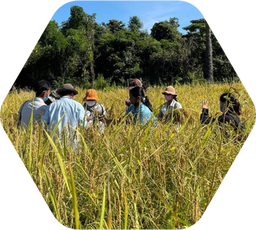
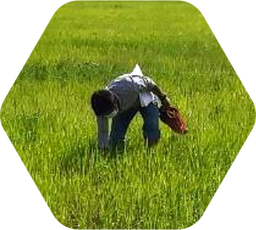
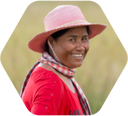
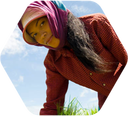
Towards a living income
Organic rice farmers in Preah Vihear, experience a living income gap of 31%. The farmers have poor access to materials, advice and production techniques. In addition, these farmers cope with extreme weather conditions with heavy rains and severe droughts.
Unequal distribution of information leaves farmers as anonymous producers in the international supply chain. This position in the supply chain makes farmers vulnerable and takes away any negotiation power.
With the BlocRice project, we aim to address the root causes of these human rights risks. AmruRice, ADIC and Oxfam in Cambodia provide field training to improve yields, reduce costs and improve gender equality. In addition, we strengthen the position of the farmer in the supply chain through innovative blockchain applications.
The value chain
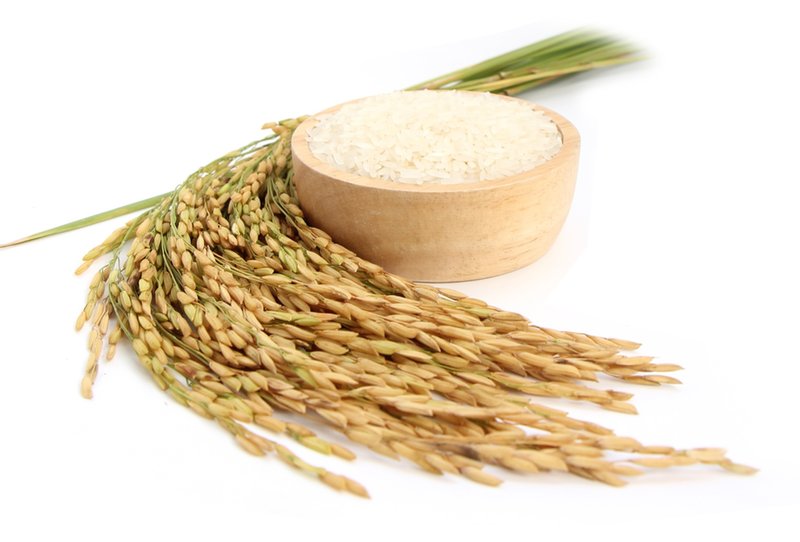
Agricultural cooperatives
Samaki Phnom Pich Borey AC and Loeuk Kampuos Kasekor AC
— Cambodia
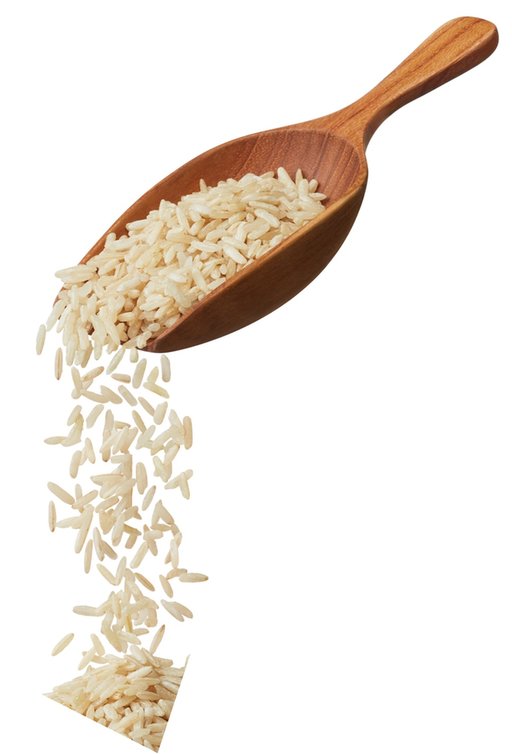
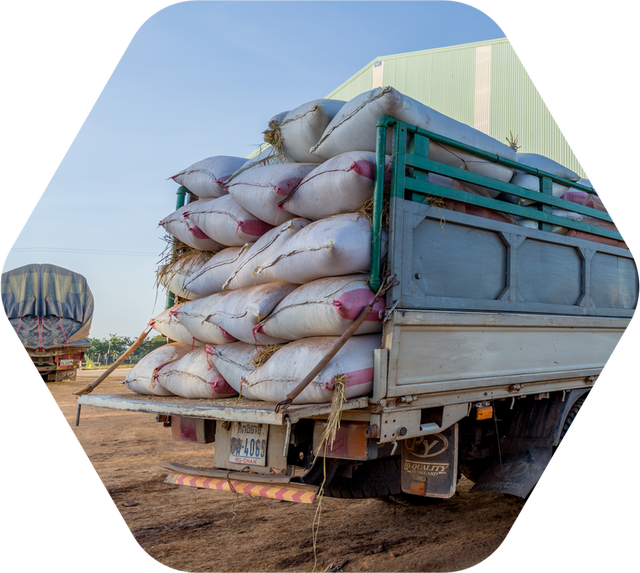
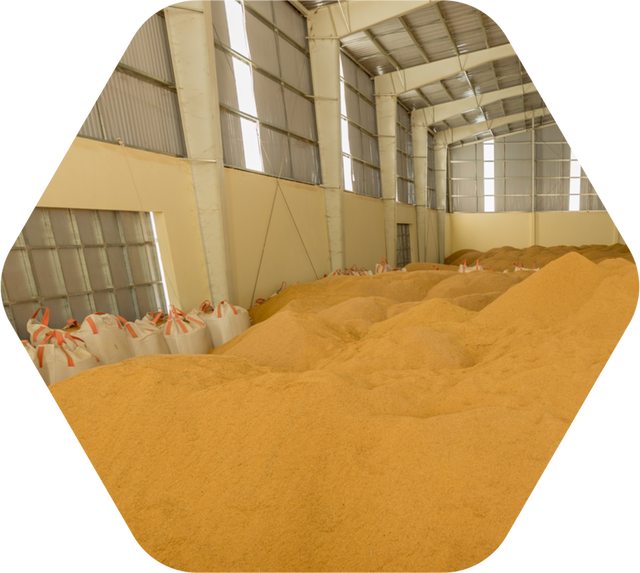
AmruRice
Rice exporter
— Cambodia
DO IT ORGANIC
Import and export company active in organic food ingredients and consumer products
— The Netherlands
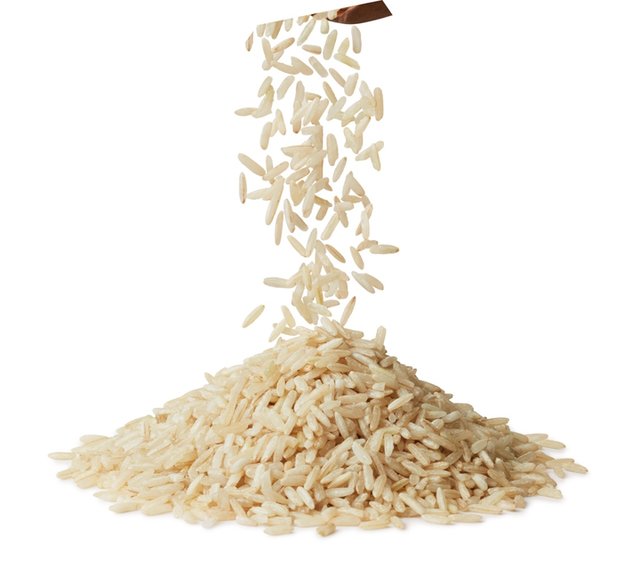
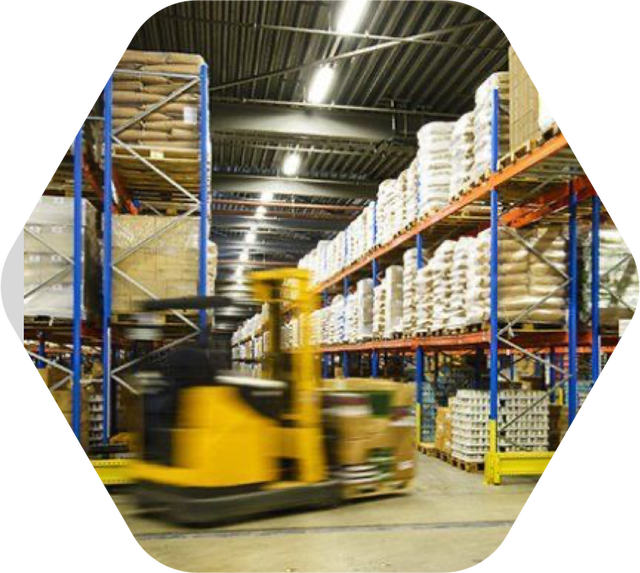
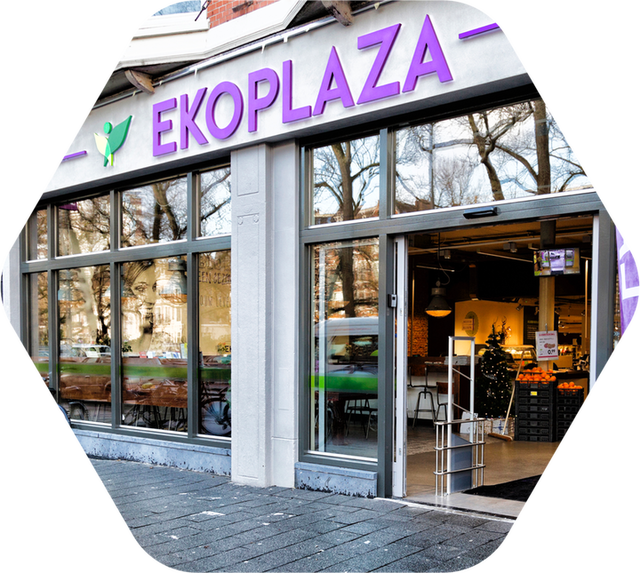
UDEA / Ekoplaza
Wholesaler of organic products
— The Netherlands
On-brand app to connect with your customer
We connect the consumer to the rice farmer by giving the farmer a face. By simply scanning the QR-code on the rice product, the consumer gains real-time insights in the rice supply chain.
The application shows a profile of the farmer who produced the rice, whether the farmer was paid on time and if the farmer received additional training.
The application also takes the consumer on a blockchain validated journey through the rice supply chain. It shows exactly where the rice was harvested, and through which supply chain nodes the rice has travelled.
View the app ➜
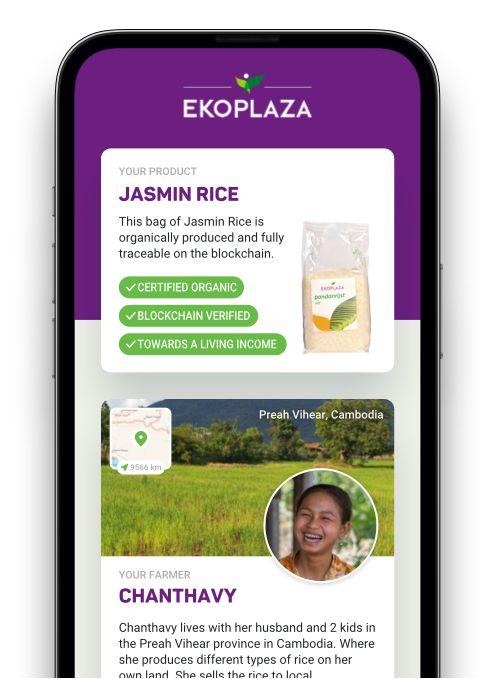
Latest updates
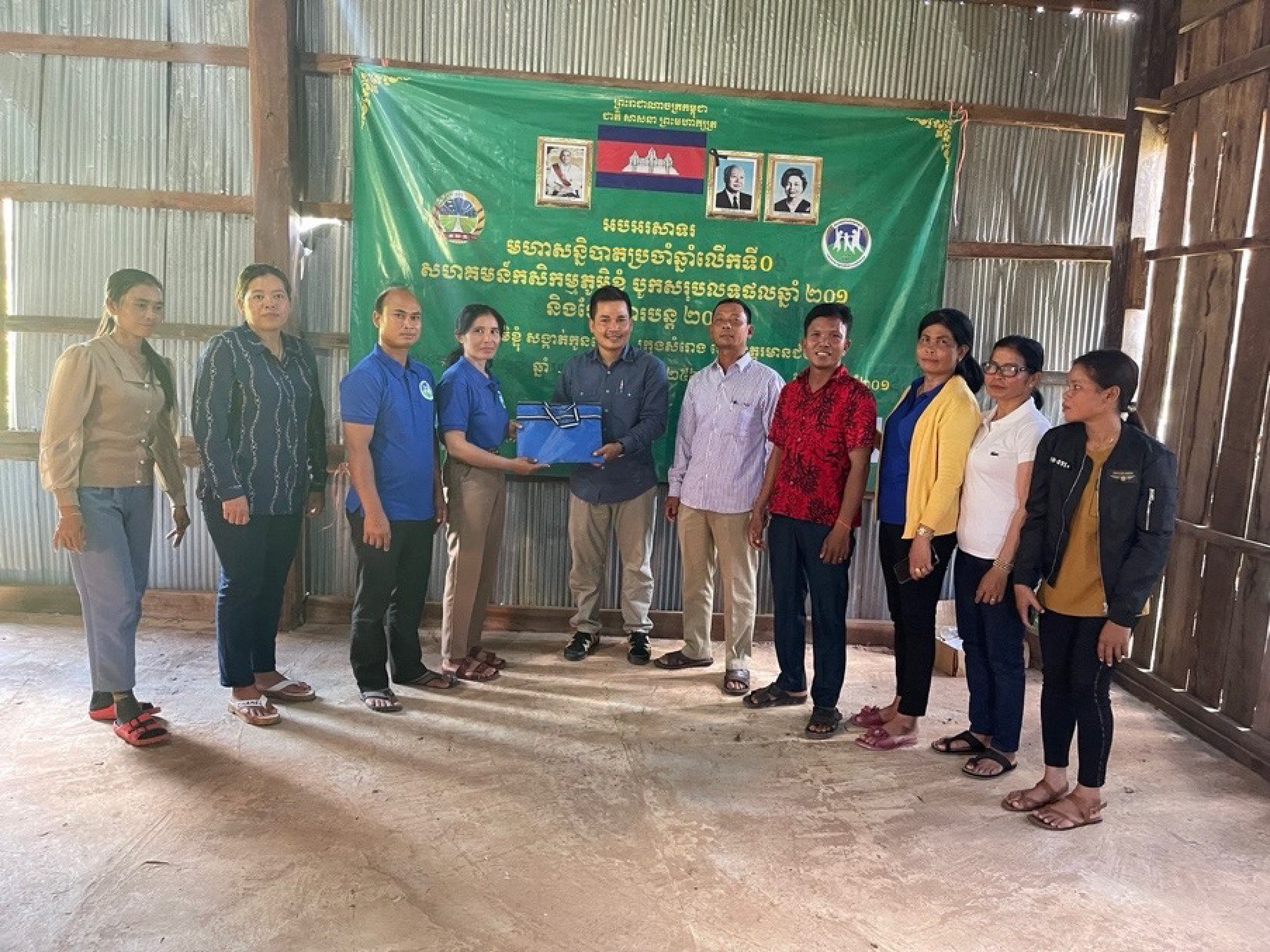
June 2022
Sharing knowledge: exchange visit to the Oddor Meanchey province
In the spirit of sharing knowledge and good practices, ADIC went together with the leaders of the two cooperatives to the Oddor Meanchey province to learn from other cooperative leaders. The objective was for the two cooperatives to learn lessons about the functioning of agricultural cooperatives, how to make decisions, how to generate income, and information on saving and lending practices. Important lessons were learnt on the importance of: accountability, minute taking, developing a clear vision and mission, having clear division of roles and assignment of tasks, and the role gender in a cooperative.
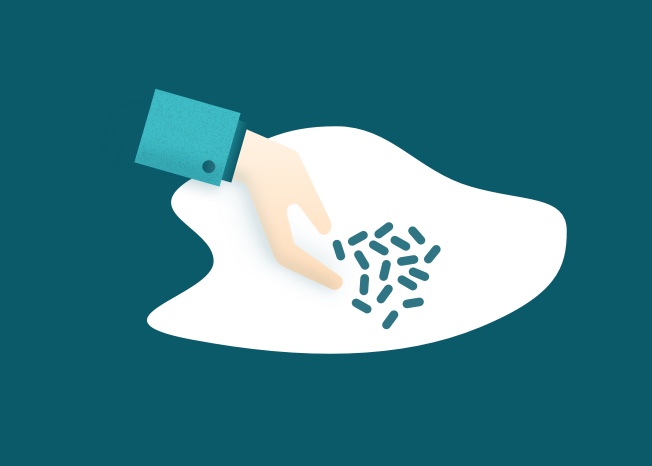
April 2022
Roll-out farmer app
In April 2022, the farmer app was officially rolled out! Amru Rice facilitated the roll-out at the cooperatives. In August 2022, 411 farmers are registered on the app.
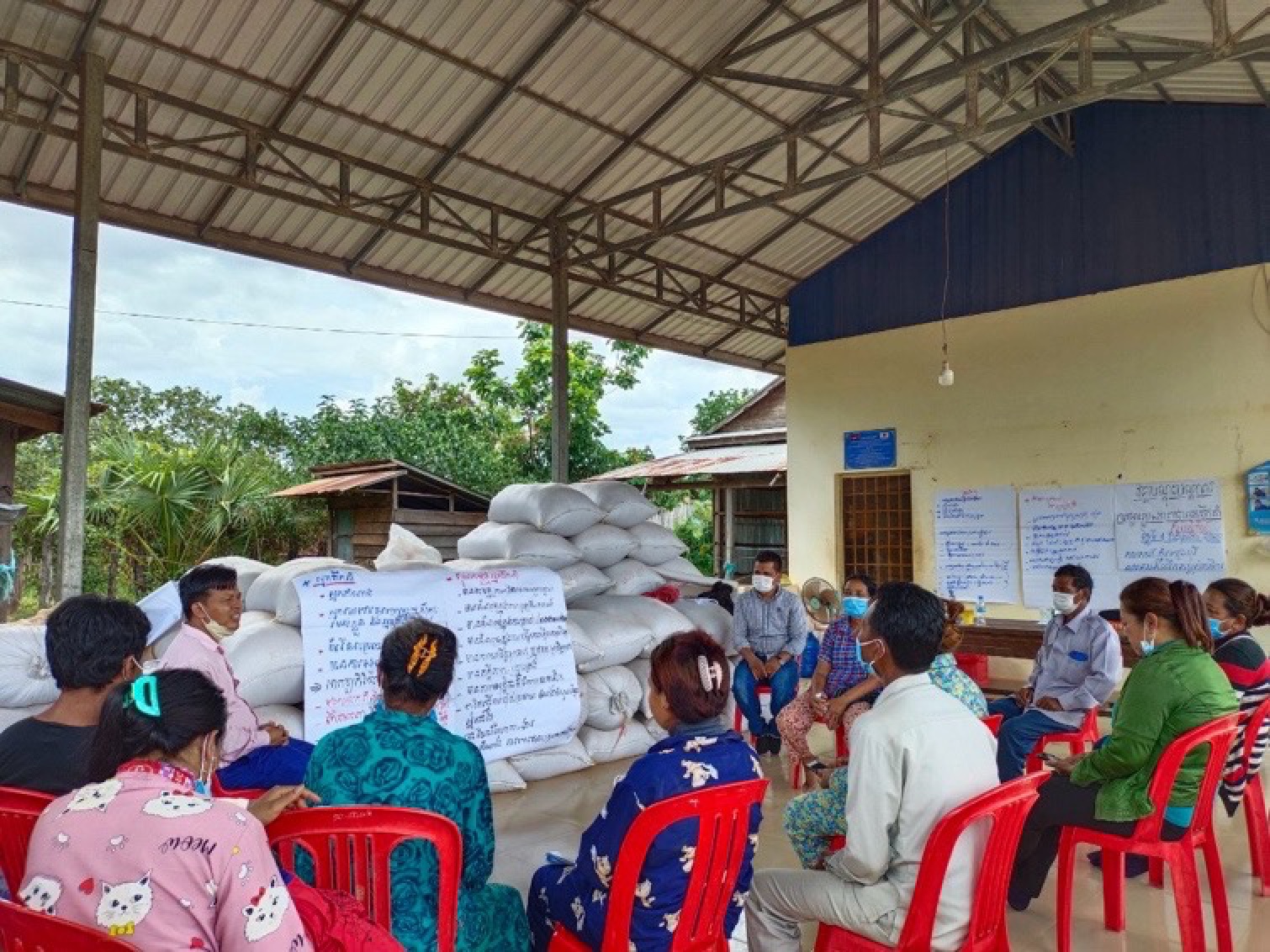
April 2022
Planning and computer literacy
ADIC is working together with the cooperatives to create a strategic plan for the coming three years. The preparation of the plan has resulted into two drafts, and the final version is expected in the last quarter of 2022.
ADIC provides monthly on-the-job coaching of computer literacy. The leaders of the agricultural cooperatives are very interested in learning new skills, especially MS Excel, MS Word and tools such as the BlocRice app. They are able to work faster and ensure accuracy, in particular with regard to the balance clearance and book-keeping.
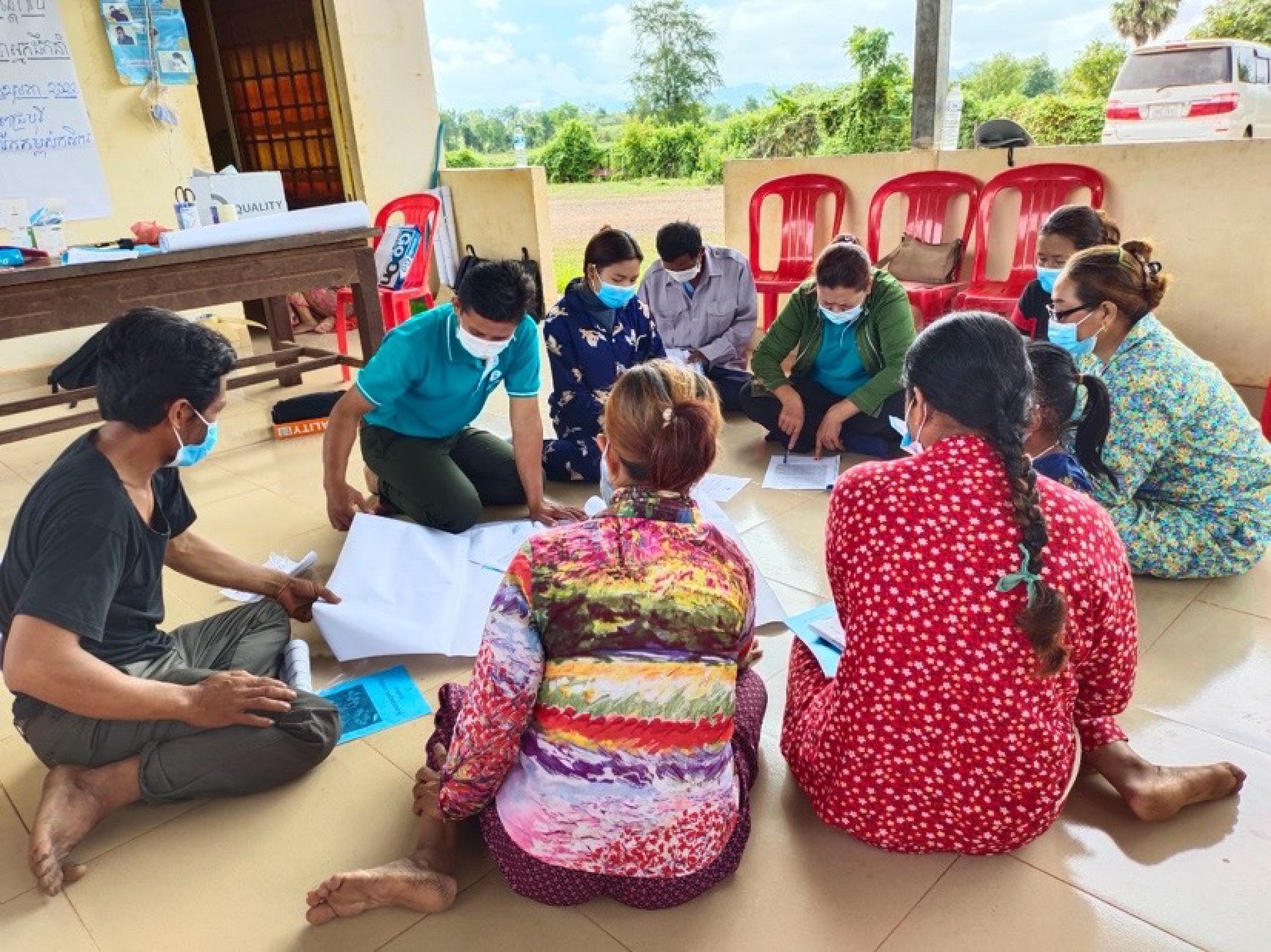
February 2022
Gender Equality in Agricultural Cooperative’s Management
Since February 2022, Oxfam has provided monthly trainings to the cooperatives to improve gender equality and thereby contribute to sustainable development. The expected outcomes are as follows:
- Women’s leadership in ACs has increased;
- Women’s active participation in AC decision making has increased; and
- Changes in gender relations and balance within the two cooperatives are enhanced.
The training includes the management of the cooperatives, and prospective woman and men who might fulfil leadership positions at the cooperative in the future. As of June 2022, three training have been delivered on the basic gender equality concept, women’s participation and leadership, and women’s economic empowerment.
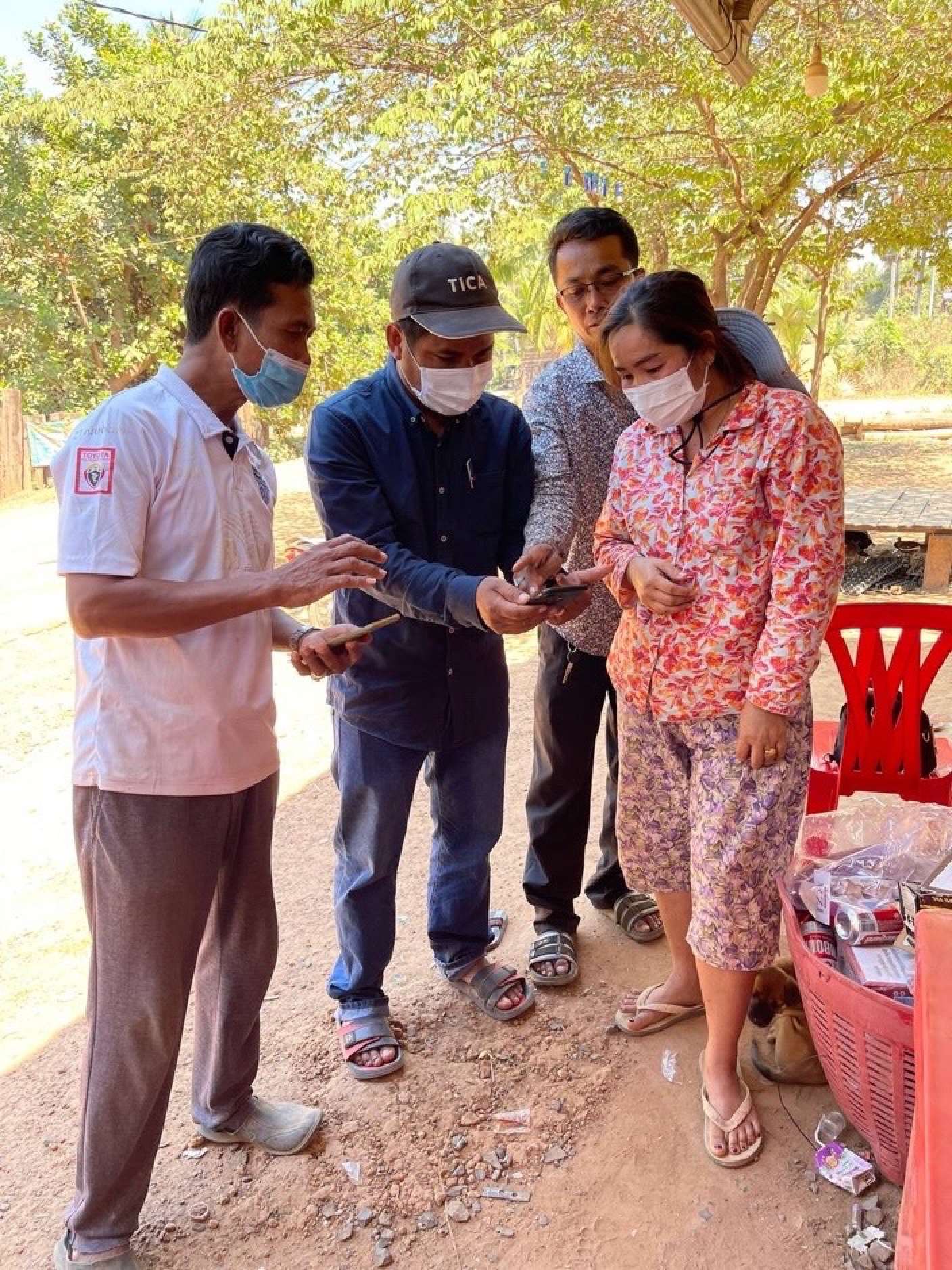
February 2022
Testing farmer app
The farmer application is a central element of the BlocRice project; within this app all farmer and cultivation data are captured in the blockchain. Schuttelaar & Partners, ADIC and Amru Rice collaborated closely to ensure that the application is intuitive, easy to use and uses clear language. ADIC and Amru Rice translated the application to Khmer, after which ADIC conducted a user test in February 2022 working closely together with Schuttelaar & Partners. The application was tested with 10 farmers in the two cooperatives. Important lessons were learnt, such as the use of fonts and icons. These lessons were incorporated in the final version of the farmer app.
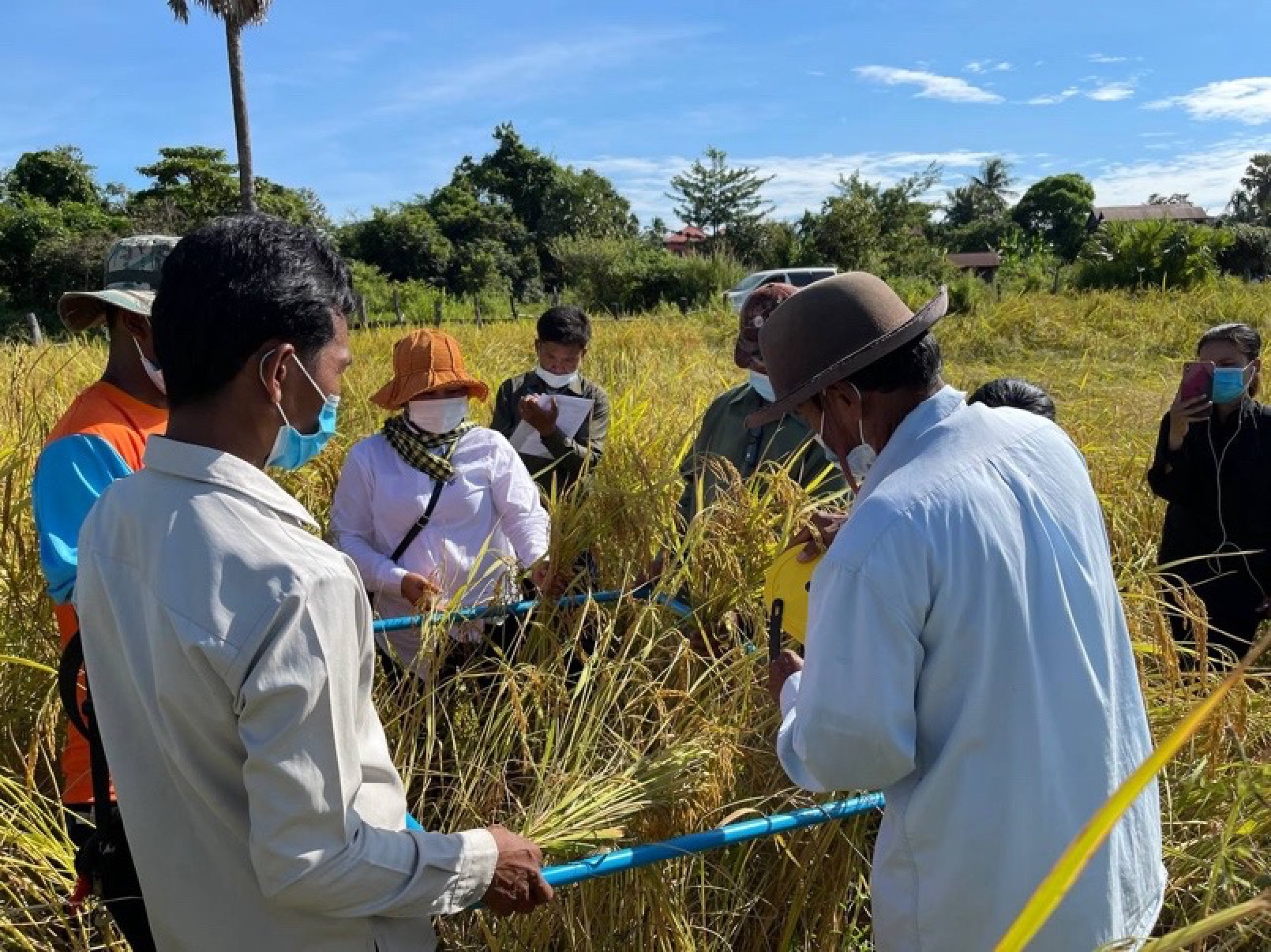
November 2021
Farmer field school
Sharing knowledge and best practices are key in the BlocRice project. Therefore, ADIC and AmruRice organised a Farmer Field School to help farmers improve their knowledge of soil analysis and soil nutrient levels, as well as improving soil quality through the application of manure and coop organic fertilizer. The Farmer Field School aimed at the following:
- To encourage successful farmers to share their success stories and challenges in the demo-plot experimentation.
- To reflect on key lessons and explore required conditions for participants to replicate the practices.
The Farmer Field School activities were field-based and included hands-on group work, field experiments and sharing good practices.
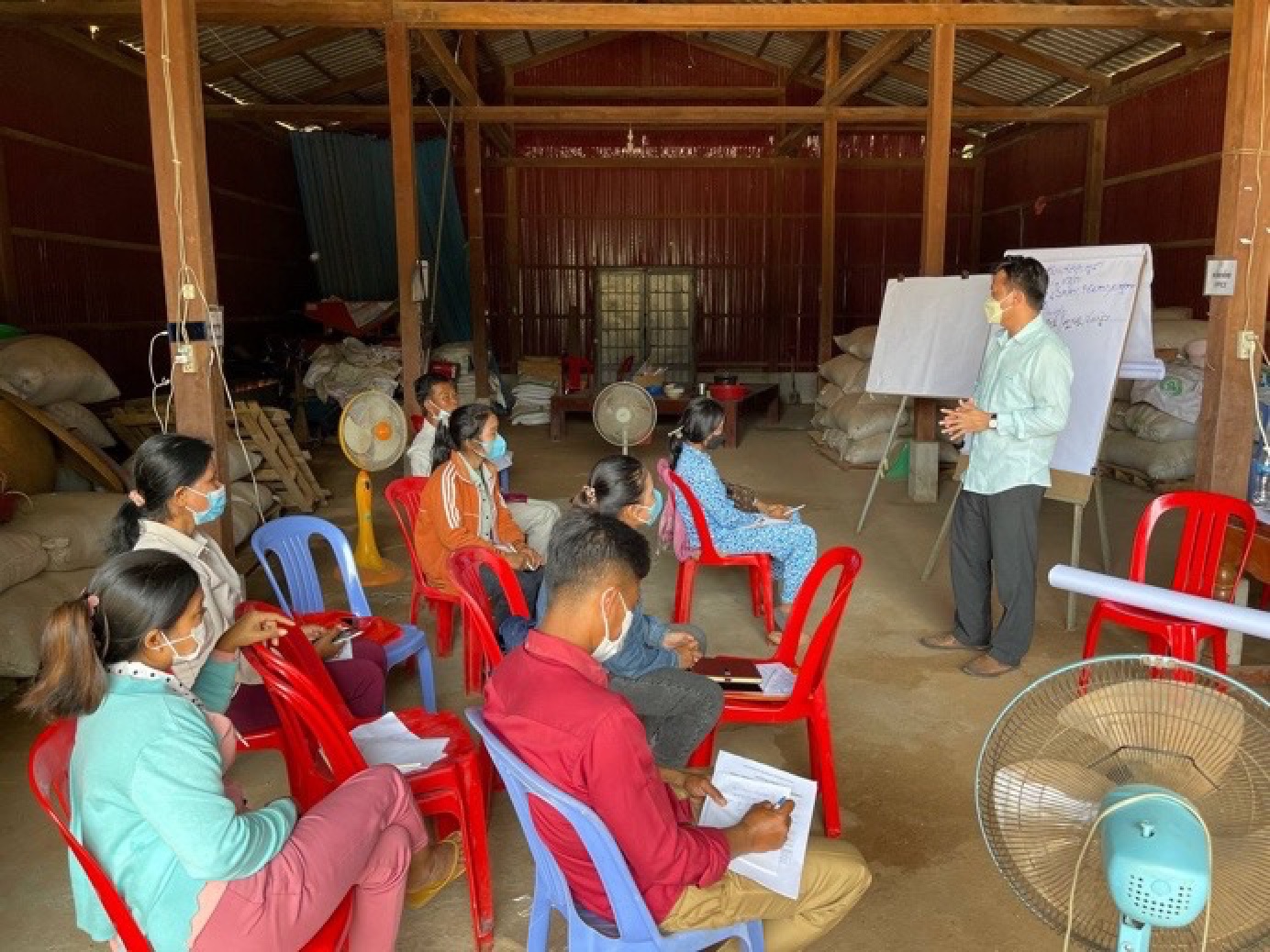
October 26th 2021
Data management
To support the cooperatives with their record keeping, ADIC provided training on data management. The overall purpose of the training is to coach and raise awareness on data management to those members of the committee involved in administrative affairs and data management. Good record keeping is essential to improving farmer livelihoods. The specific objectives of the training are:
- To introduce basic concept of administration and data management.
- To review AC workflow and assess the needs for data management.
- To gain more knowledge and practice on record keeping using Microsoft Word and Excel.
“The facilitators tutor explained clearly. I want to learn more such session. It is very important for me and Agricultural Cooperatives”. – Quote from participant
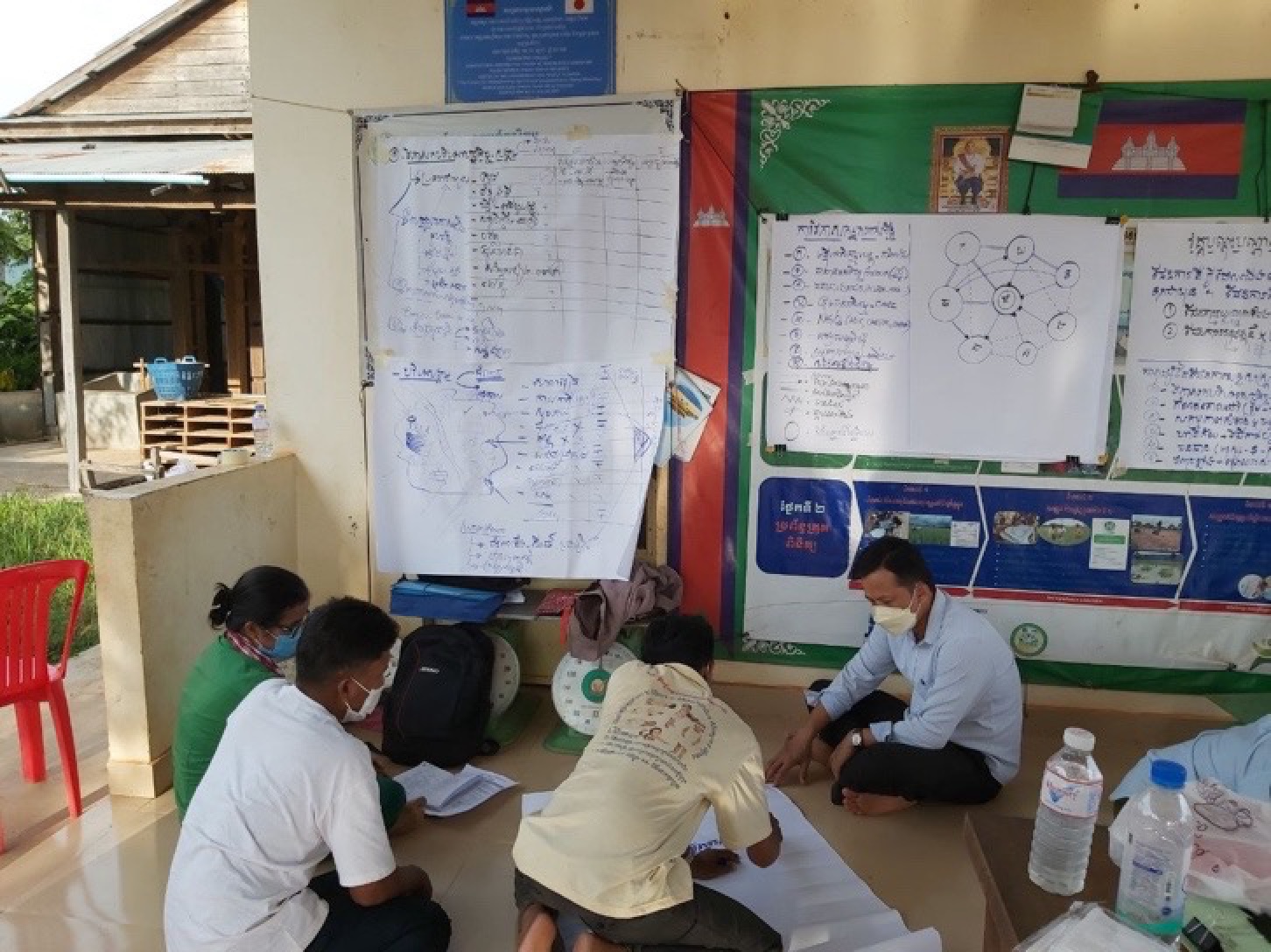
October 2021
Planning, risk analysis and mitigation
Planning, risk analysis and mitigation skills within the committee of agricultural cooperatives, help to reduce farm production costs. ADIC provided training on the basic concepts of planning and its key elements. Attention was paid to the socio-economic context and setting objectives for key activities. Members of the committee were challenged to assess relevant risks and design mitigation strategies for their cooperative.
“I could learn to make plan for the Agriculture Cooperative. Moreover, I have learned for the new terms and concept for the planning and risk management”. – Quote from participant
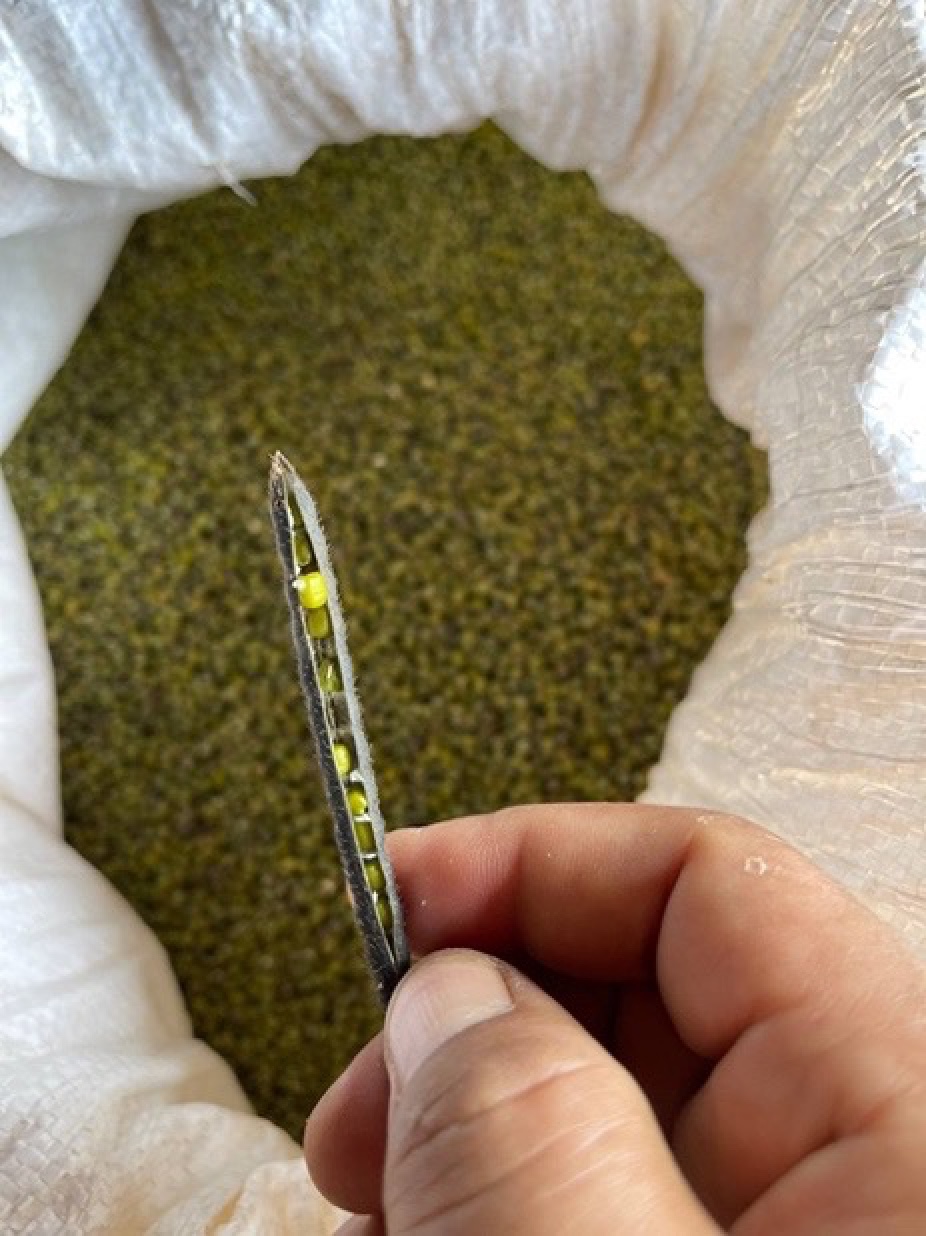
August 2021
Crop diversification: the cultivation of mung beans
To support farmers in diversifying their income, the BlocRice project supports farmers with the cultivation of mung beans. Mung beans were selected due their ability to bind nitrogen in the soil, which enhances soil quality and even more so because of the market potential.
Organic mung beans are difficult to find in Cambodia. Fortunately, ADIC and AmruRice were able to secure 140KG of organic mung bean seeds in August 2021. These seeds were planted by 5 farmers in the cooperatives. After harvesting the mung beans in December 2021, the mung beans were used again as seedlings, to increase the amount of mung beans seeds available. The process of increasing mung bean seeds will ensure self-sufficiency of mung beans in the future. In April 2022, 23 farmers were able to cultivate mung beans for continued seed multiplication.
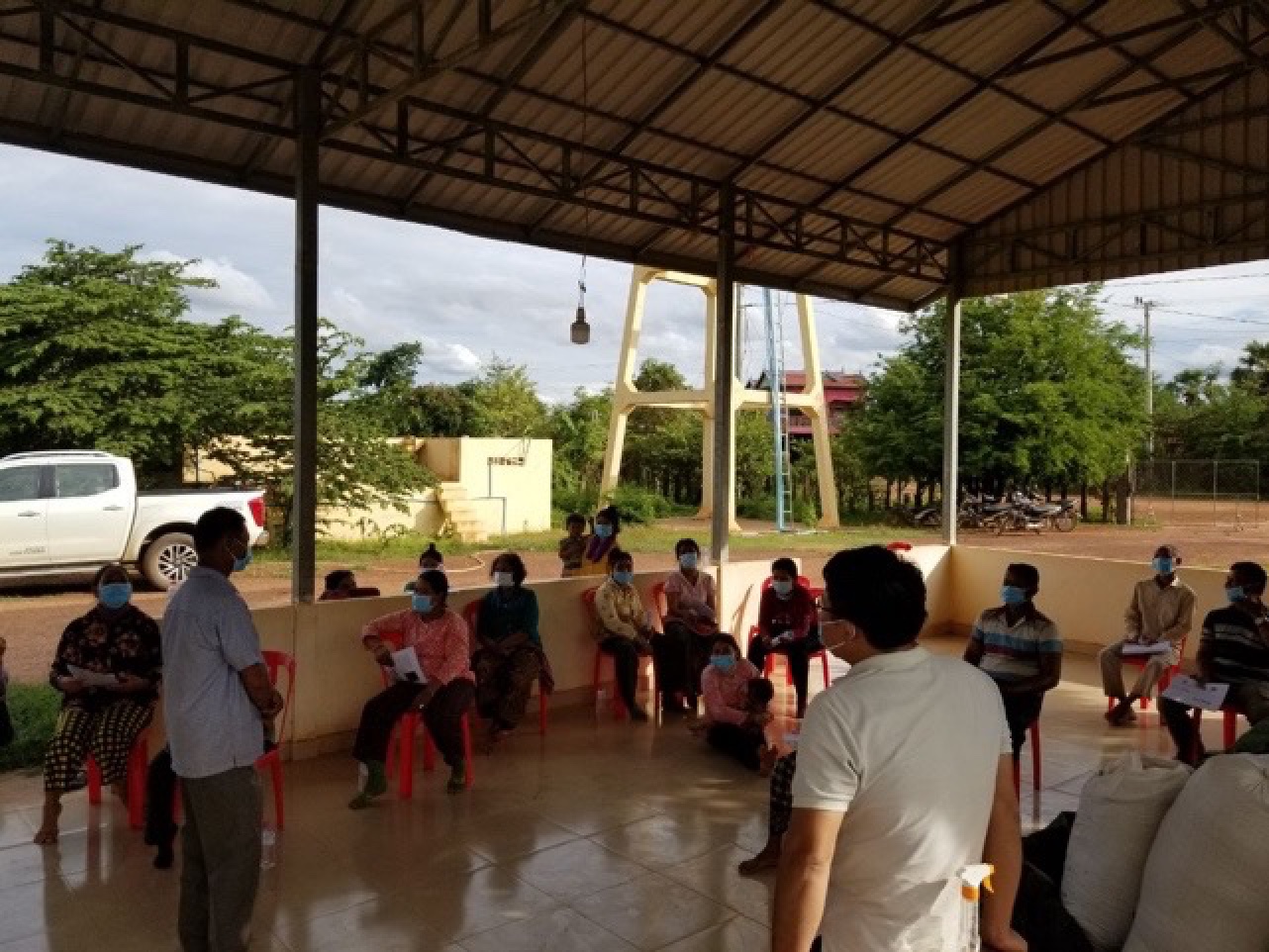
June 2021
Training on Good Agricultural Practices (GAP) in organic rice farming
Good Agricultural Practices (GAP) are essential to provide sustainable, safe and healthy agricultural products. GAP includes practices to address environmental, economic and social sustainability of on-farm production and post-harvest processes. AMRU Rice provided trainings on Good Agricultural Practices at both cooperatives to 348 farmers, of which 219 female farmers. To ensure that all lessons of the trainings are incorporated in daily practices, Amru Rice selected 3-4 Agriculture committees in both cooperatives as extension service providers to train and follow up on rice farm preparation and crop management.
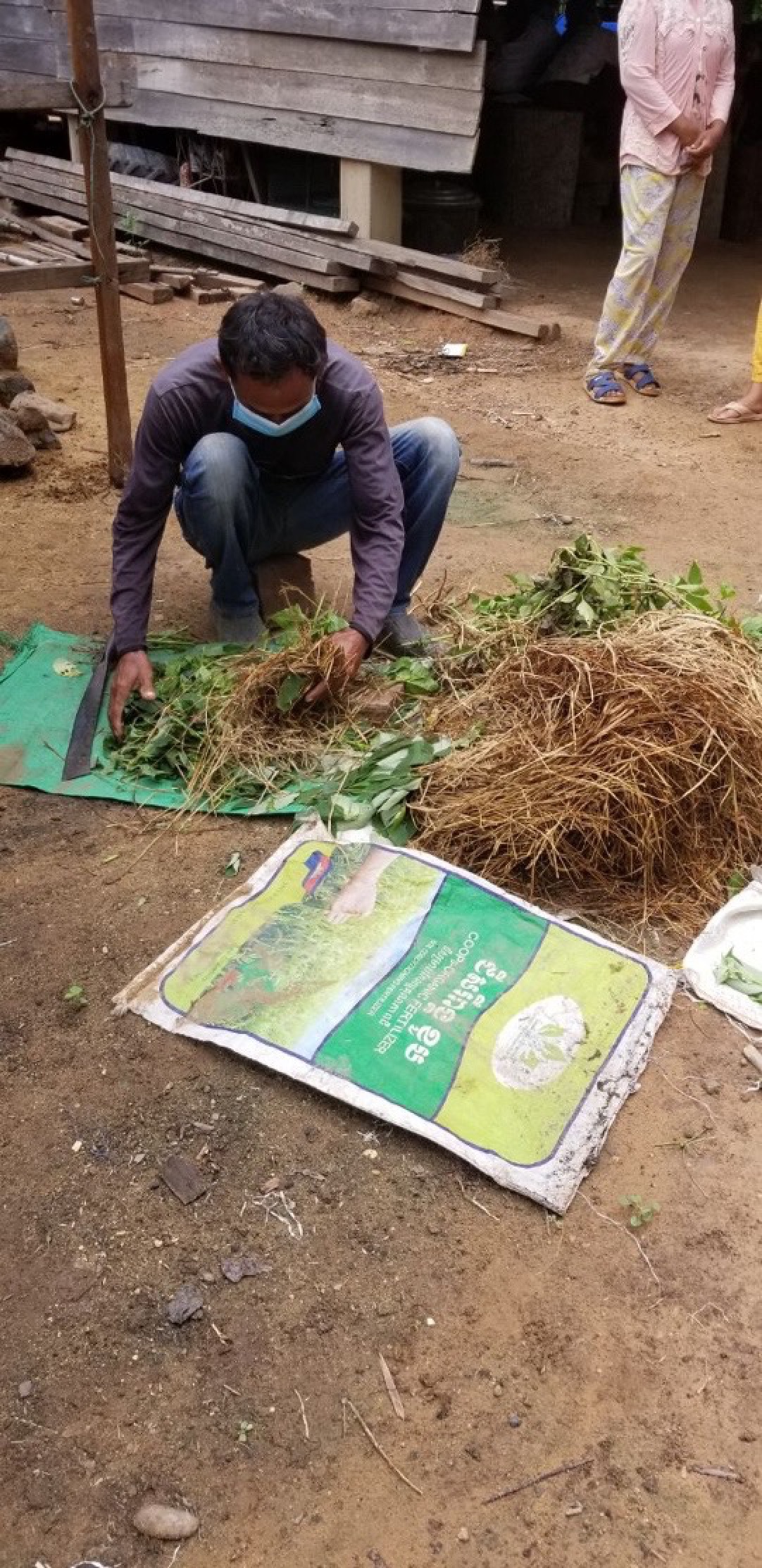
May 2021
Organic compost to boost soil fertility
Fertile soils are key to improving income from on-farm activities. As part of the BlocRice project a pilot was initiated to demonstrate the effects of using compost to soil health and yields. The fields have been selected in such a way throughout the different communes so that cooperative members and other farmers from the roadside can see the difference in crop and yield because of distinct levels of organic fertiliser application. First compost trainings were given late May and early June 2021. Positive effects on soil nutrients and yield were demonstrated in November 2021.
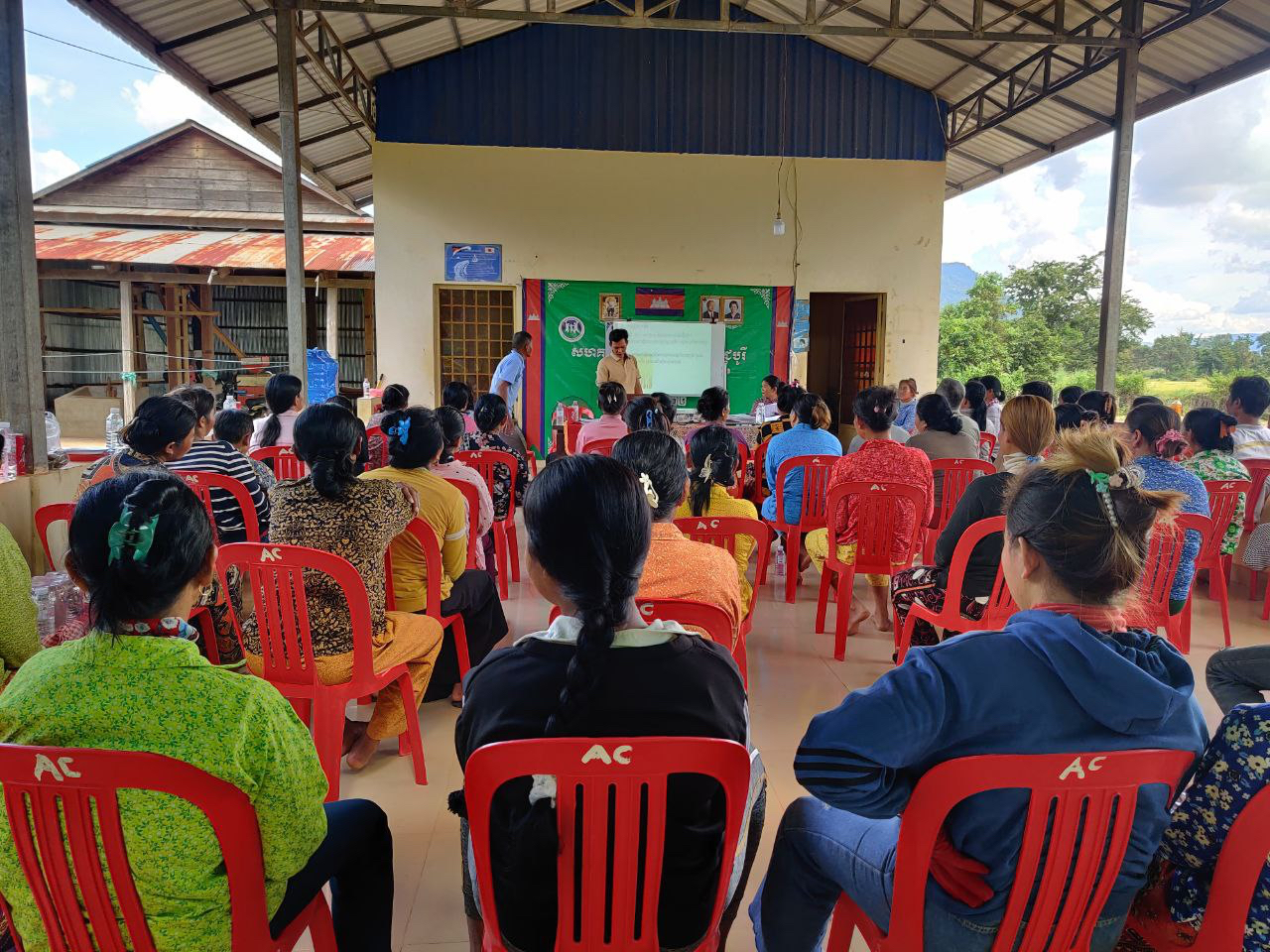
October 2022
Reducing post-harvest losses
In October Amru Rice provided post-harvest training to the two cooperatives in Preah Vihear. In the training, farmers learned more about the ideal harvesting conditions, different drying methods, moisture control and threshing management. Weather conditions have been challenging throughout the rice cultivation period as much more rain has fallen than in previous years, hence the post-harvest training is essential to reduce post-harvest losses.
In addition, the training focused on about packing, labeling and transport, collection point management and data recording. The training was attended by 82 farmers, including 65 women farmers.
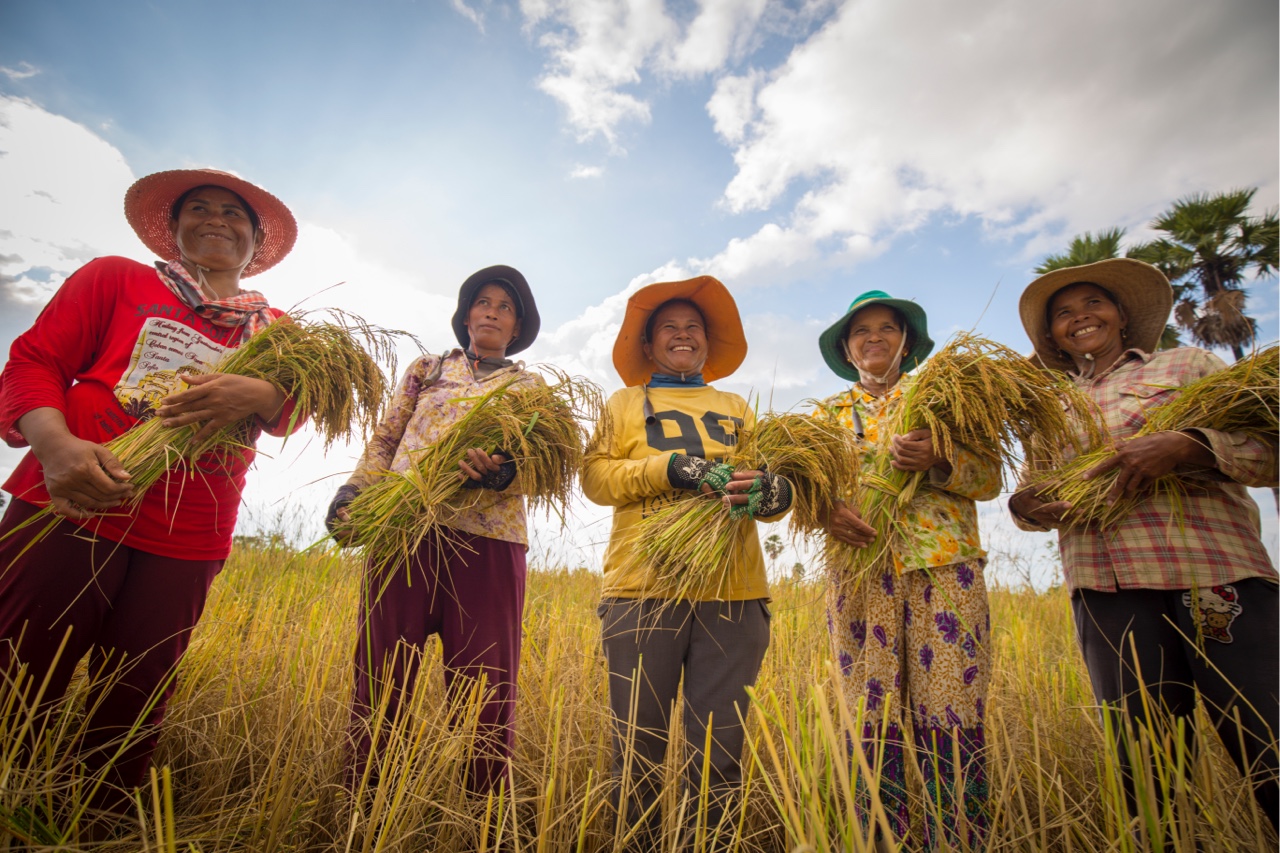
November 2022
Data on socio-economic factors
With the support of ADIC, 39 farmers have filled in a survey on socio-economic factors in the farmer app. This survey is developed to generate a snapshot of the income of famers and covers family, farm, and financials. In 2023 this farmer survey will be rolled-out further to capture more data to report on the development of the living income.
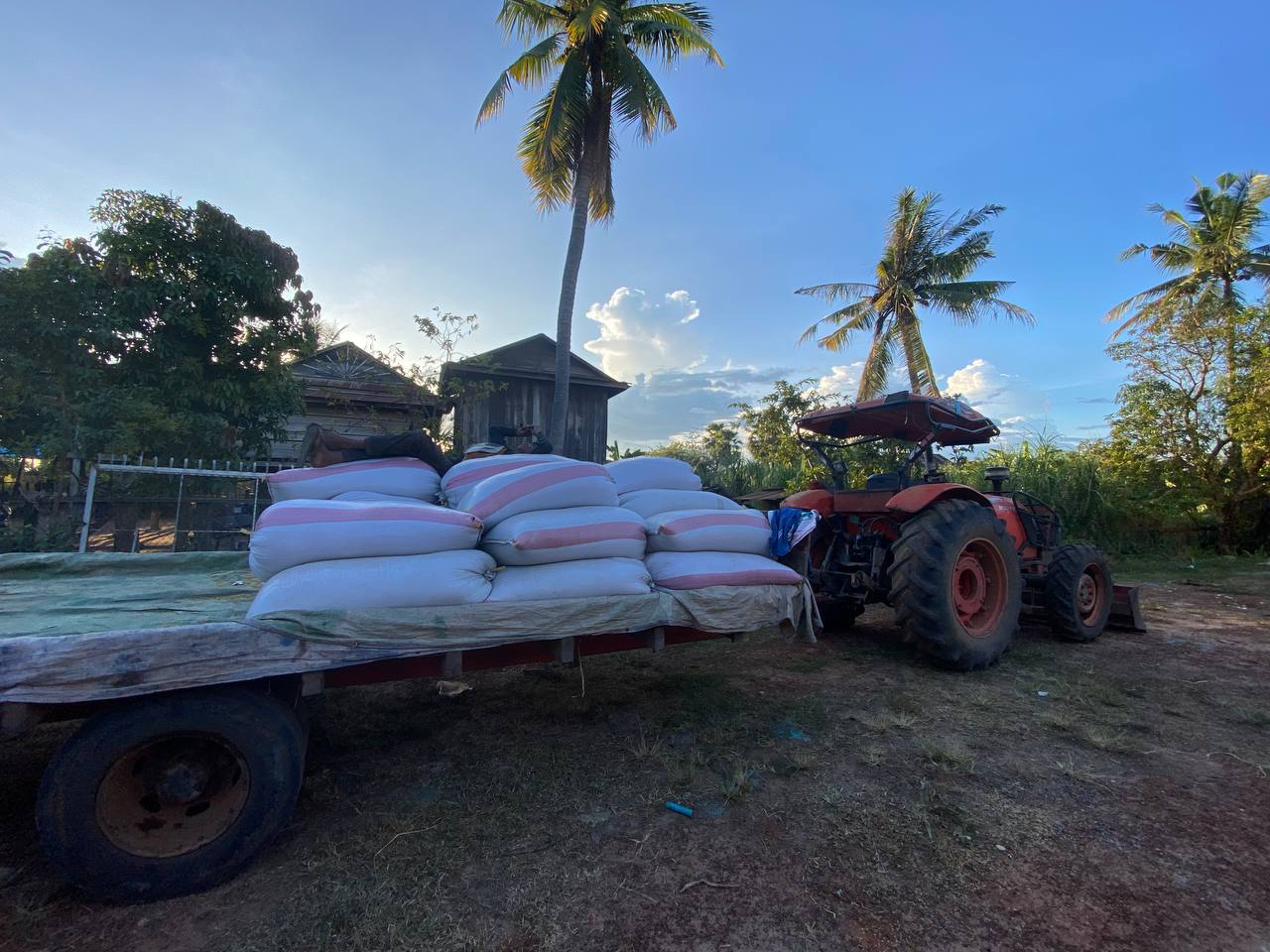
November 2022
Rice harvesting time!
We are happy to share that 170.844 kilos of organic jasmine rice and 3.690.690 kilos of organic white rice have been harvested under the BlocRice project! The weather conditions have been especially challenging this year, with extreme droughts prior to seeding the rice, and heavy rains throughout the cultivation of rice. For this reason, the rice was harvested later than expected but nevertheless a very successful harvest!
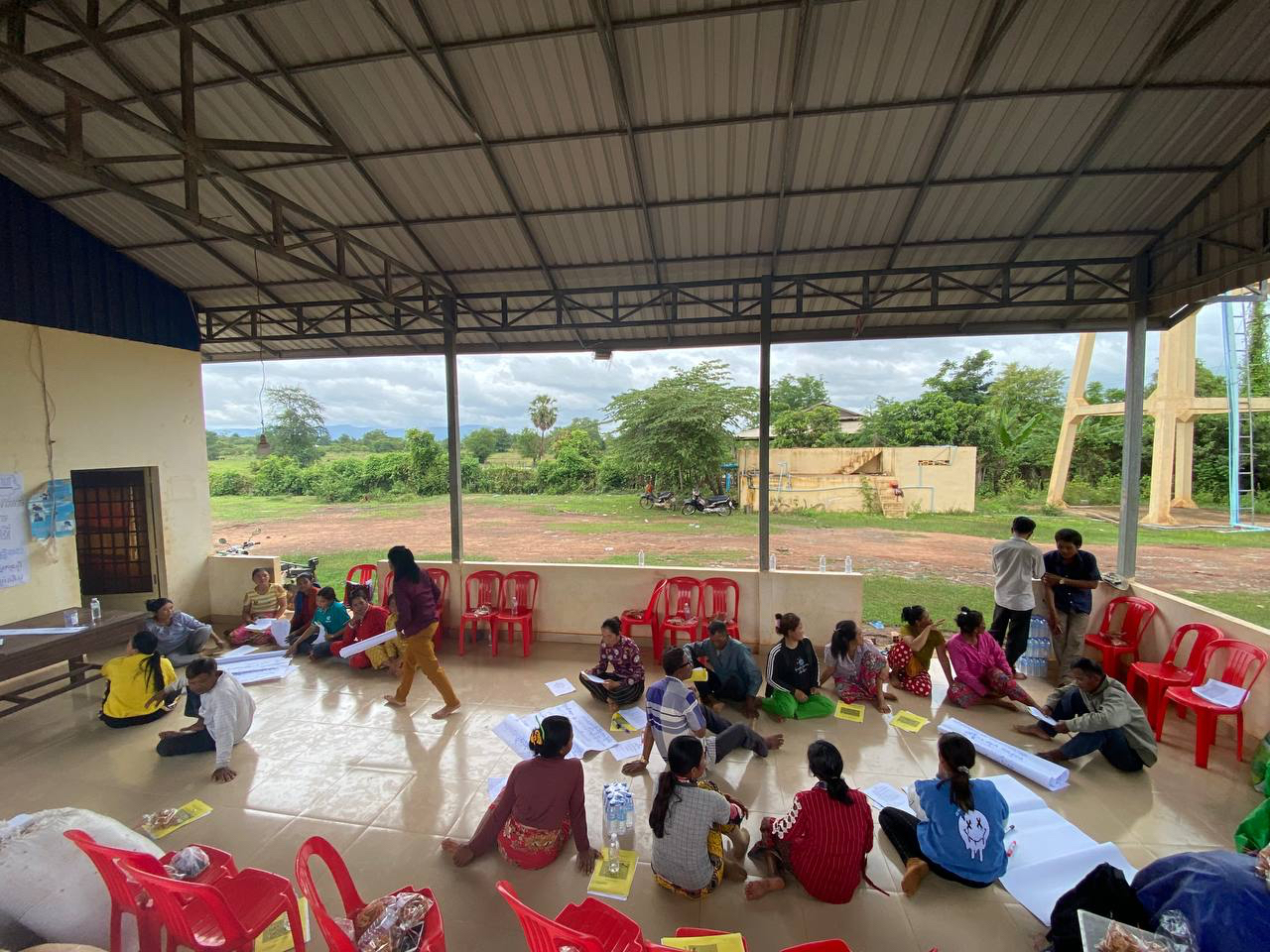
December 2022
Gender policy for Agricultural Cooperative
Over the course of 2022, Oxfam in Cambodia has provided series of gender training sessions to the management committees of the two Agricultural Cooperatives (AC) in Preah Vihear province. The training sessions include basic concepts, stereotypes, gender-based violence, gender issue and equality, women’s participation and leadership, women’s economic empowerment, and gender action learning system. This enables AC management committee to develop gender policy for mainstreaming gender equality to ensure for equal benefit between men and women in their AC and business operations.
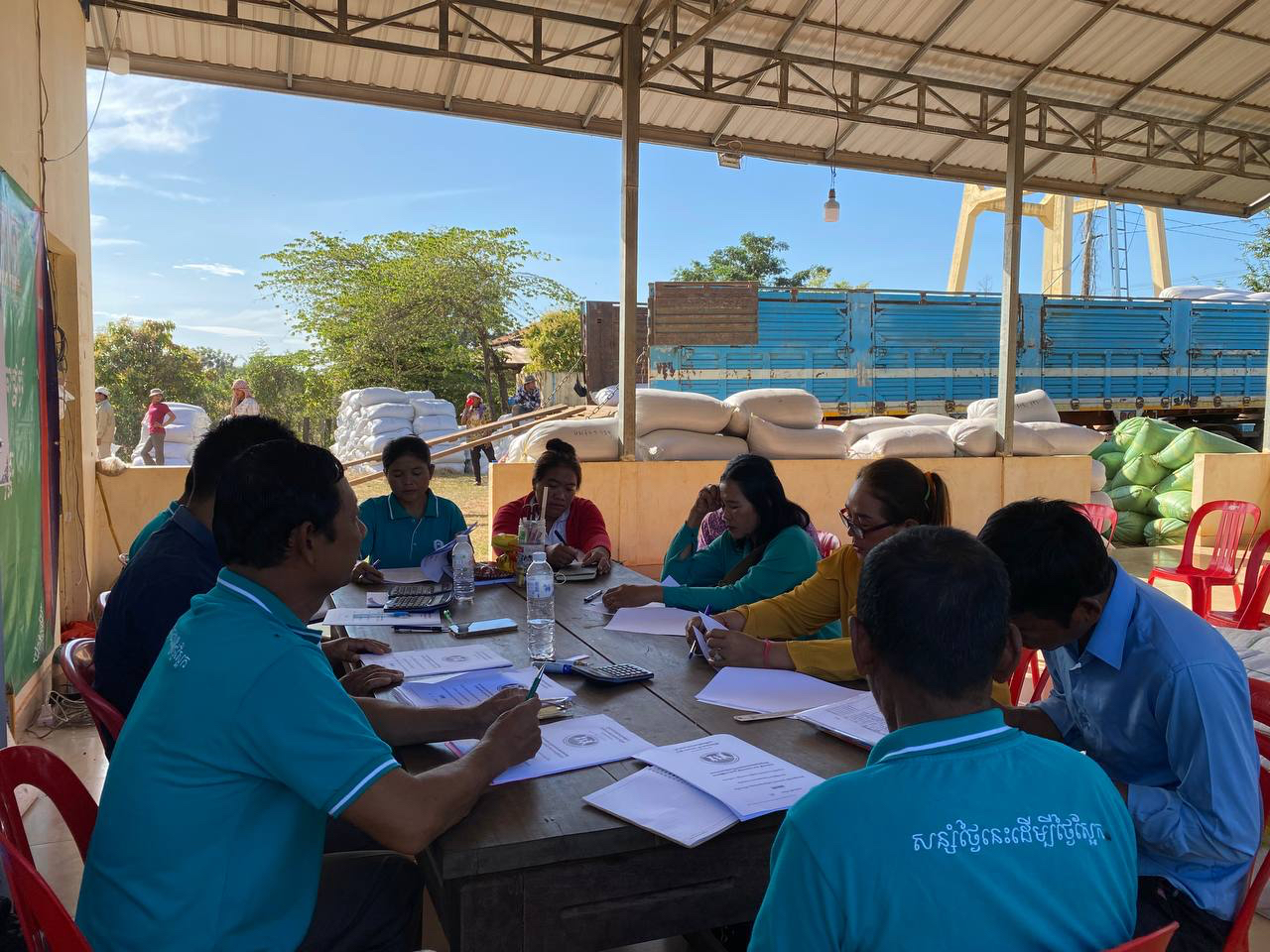
January 2023
Strategic plan 2023-2025
Over the course of 2022, Analyzing Development Issues Centre (ADIC) has, together with Oxfam in Cambodia, supported the two cooperatives with the creation of their first strategic plan! This plan has been put into force in January 2023 and covers the period till 2025. The plan includes a gender mainstreaming and production outlook. It will be presented at the General Assembly early this year by the AC committees for an endorsement. This is an important basis for which the operational plan of each will be developed to smoothen the implementation.
